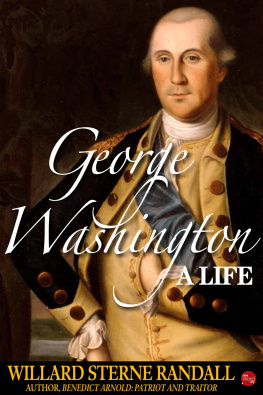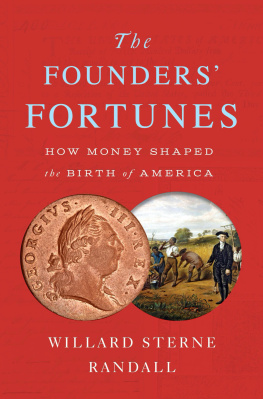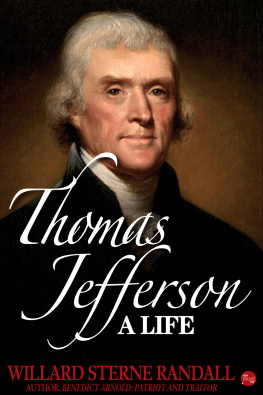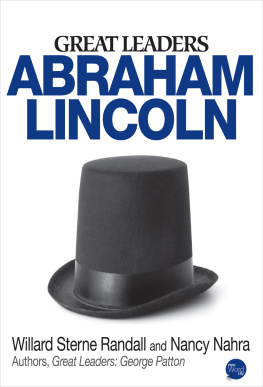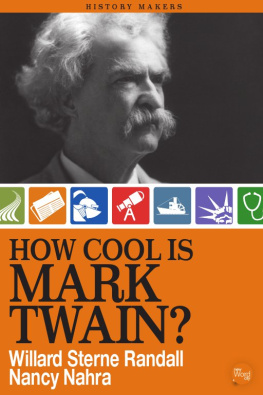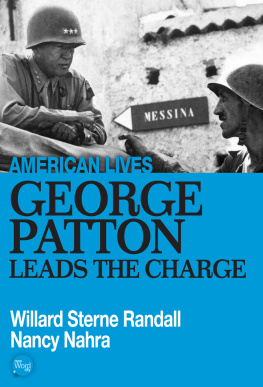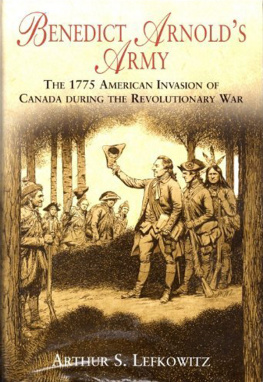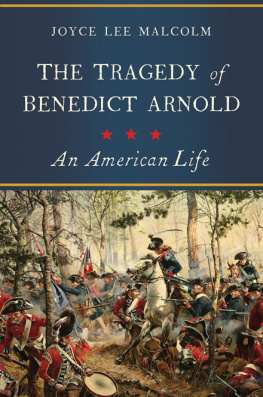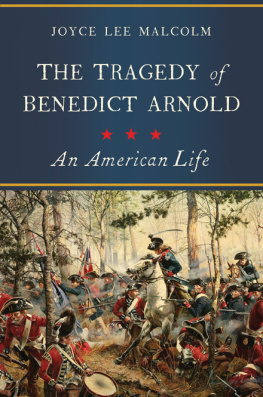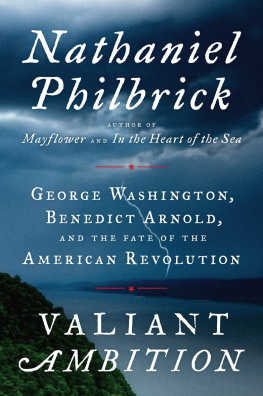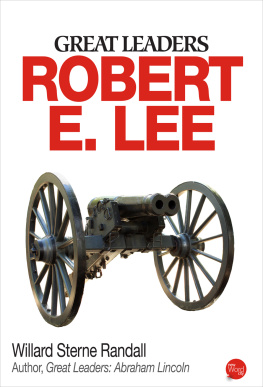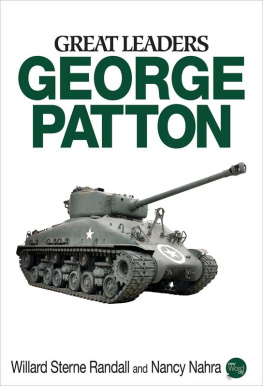ACKNOWLEDGEMENTS
From the outset of writing this book, I have had the unwavering encouragement of my editors, my literary agent, and my wife. Alan D. Williams, my editor at Arbor House, was generous with his time and with every form of support. His patience and his delicate prodding helped to keep me researching, writing, and rewriting through five years. Taking over the manuscript during a difficult transition, Maria Guarnaschelli, my editor at William Morrow, gave prodigiously of her talents and her insights. Once again, my courageous friend and agent, Ray Lincoln, deserves my gratitude more than I can say. So many times, a talk with Ray raised my spirits. Her good sense has helped me inestimably. And my patient, wise, and irreverent wife, Nancy A. Nahra, has given me the benefits of her poet's ear, her understanding of the eighteenth century.
There are no great collections of the papers of the most famous American traitor, and I owe thanks to many people who helped me to ferret out widely scattered letters and documents. I owe an enormous debt to the editors of the Program for Loyalist Studies and Publications, Robert A. East, James E. Mooney, and Herbert Leventhal, whose years of patient scholarship have helped to make possible a reexamination of the American Revolution. To Dr. Mooney, my first critic on a paper on the Loyalists so long ago, I owe a great deal of thanks for his meticulous and exacting reading of my nine-hundred-page manuscript of this book. I am also indebted to the editors and researchers of the Naval Documents of the American Revolution series, whose two-decade effort revealed an untapped vein of Arnold materials. To Galen R. Wilson, then curator of manuscripts at the William L. Clements Library at the University of Michigan at Ann Arbor, I owe special thanks for guiding me to unpublished letters by the British general Benedict Arnold, and when a precious notebook containing weeks of work was lost in Paris, for helping me to find those same letters over again.
For years of cooperation, support and friendship, I wish to pay especial thanks to James H. Overfield, chairperson of the History Department at the University of Vermont. At every stage of the research, I had the invaluable assistance of the staff of the Bailey/Howe Library at the University of Vermont, especially Bonnie and Joe Ryan. Personal thanks go to my unflinching friend Wolfe W. Schmokel, to Thomas Visser at Vermont, and to M. Jerome Diamond. Nicholas Westbrook, director of the Fort Ticonderoga Museum, has been generous with his time and the collections in his care. James E. Mooney, librarian of the New York Historical Society, was especially helpful with his suggestions, as was Esmond Wright, professor emeritus at the Institute of United States Studies of the University of London.
Persistence is the hallmark of a good researcher, and I have had the help of four of them. Lorna Hutchinson helped me uncover traces of the Arnolds' years in Canada in the archives of the New Brunswick Museum at St. John, New Brunswick. Clare Lise Cavicchi and Ryan Madden, both products of the graduate program in history at the University of Vermont, also proved diligent and creative research assistants. And once again my son, Christopher Fairbanks Randall, a keen student of the American Revolution, provided timely assistance. Ann Van Arsdale at the Firestone Library of Princeton University was, as usual, cheerful and helpful. I also wish to thank the University of Michigan for according me visiting scholar status and aiding me with many volumes that would otherwise have been difficult to obtain.
And for the many months of tedious and meticulous labor involved in organizing and preparing the various drafts of the manuscript, I want to thank my copy editor Ted Johnson, and typists, Bridget Butler, Cynthia Markham, and especially Diann Varricchione, as well as my research assistant in France, Mitzi Markese, and Bruce Hattendorf at William Morrow for his editorial assistance.
For permission to quote from papers in their collections, I am grateful to the Historical Society of Pennsylvania, the Archives Department of the Pennsylvania Historical and Museum Commission, the James Copley Library, Fort Ticonderoga Museum, New York Historical Society, New Brunswick Museum, Princeton University Library, Special Collections of Bailey/Howe Library, University of Vermont, New York Public Library, New Haven Colony Historical Society, William L. Clements Library of the University of Michigan, Ann Arbor, and Provincial Archives of Canada.

God seems to be saying to all children, be ye ready. Pray improve your time, or death may overtake you unprepared.
Hannah Arnold to her twelve-year-old son Benedict, 1754
Benedict Arnold was born a Saint, the son of Saints. He was taught by his mother, herself a born Puritan from a devout Connecticut family, that he belonged to God's predestined elect and that if he followed the beliefs of the Puritan covenant with God, nothing he could ever do would deprive him of everlasting paradise. Arnold's mother's family had helped to found Norwich Town, Connecticut, and when the family went to church several times, a week, they were conspicuous, having a front-row pew. From his father, a fourth-generation New Englander, Benedict learned, and it was important to him, that the name of Arnold had long been respected in the American colonies. The first Arnold in America had helped Roger Williams to found Rhode Island; his son, the first Benedict Arnold, had been ten times elected governor of Rhode Island, serving for fifteen years, longest tenure of any of the colony's governors.
The fortunes of the Arnold family rose and fell with the tides of war and peace that swept over the Atlantic frontier in the century leading up to the American Revolution. Governor Arnold, great-grandfather of an infamous namesake, died a rich man, but his son lived long enough to spend all the family's money, sell off the family's property, and die in genteel poverty. By the time the governor's grandson came of age, he had to be bound out as an apprentice cooper to learn the trade of barrel making, which would always provide a living as long as there were ships. Even then, to find a niche in which to ply his craft was not easy: this third Benedict Arnold had to leave his family and friends in Rhode Island, emigrate to the nearest frontier boom town in the neighboring province of Connecticut. In 1730, he lugged his belongings aboard a sloop bound across Narragansett Bay and up the narrow Thames River to the burgeoning new port of Norwich Town.
But the bloodline of Benedict Arnold was almost always enterprising, opportunistic. The young cooper admired the sloop and its captain, Absalom King, and struck up an acquaintance with him. Soon Arnold was selling barrel hoops and staves hammered out and warped and sweated in his shop on Chelsea Wharf to Captain King and his friends. Then Benedict III became Captain Arnold. He sailed Absalom King's ships across Long Island Sound, south along the seacoast to the isles of the Caribbean, decks stacked with lumber, holds crammed with barrels of salt pork and beef and bales of staves to make more barrels to fill with molasses and rum to transport to England. Then, in 1732, while Arnold and King were coming home from a voyage to Ireland, Captain King died at sea. Captain Arnold brought the sad news to Hannah, King's pretty, blond, round-eyed, and now wealthy widow. Little more than a year later, he married Hannah Waterman King and came into control of King's ships, shipyard, wharf, warehouse, house, his wife's fortune. Only three years had elapsed since he had come threadbare to Connecticut. Rapidly now, Captain Arnold expanded his business, built a large new gambrel-roofed white clapboard house on the outskirts of town set back under tall elm trees on a five-acre lot, a house with a dozen ample rooms and eight fireplaces, a house that was testament to his expansiveness. Affable, well-liked Captain Arnold was frequently elected a town official, sometimes against his wishes: surveyor, collector, assessor, then selectman. By the time his son, the infamous Benedict Arnold, was born on January 14, 1741, Captain Arnold was one of the most respected and prosperous merchant ship owners in Connecticut.



